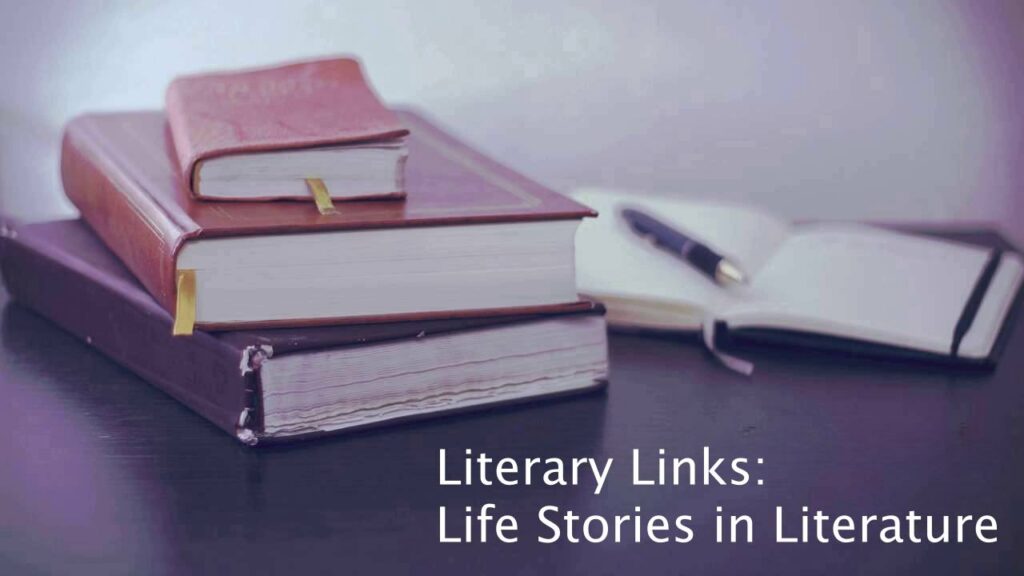Literary Links
After the Deluge: What Future for Climate Fiction? Keith Woodhouse discusses “an emerging subgenre that we might call the ‘climate assessment drama.’ These books are vast in size and scope and, at the same time, narrowly concerned with the particular political, ethical, and technical conundrums of the world climate change has wrought.” Why Do Doctors […]


